NULL


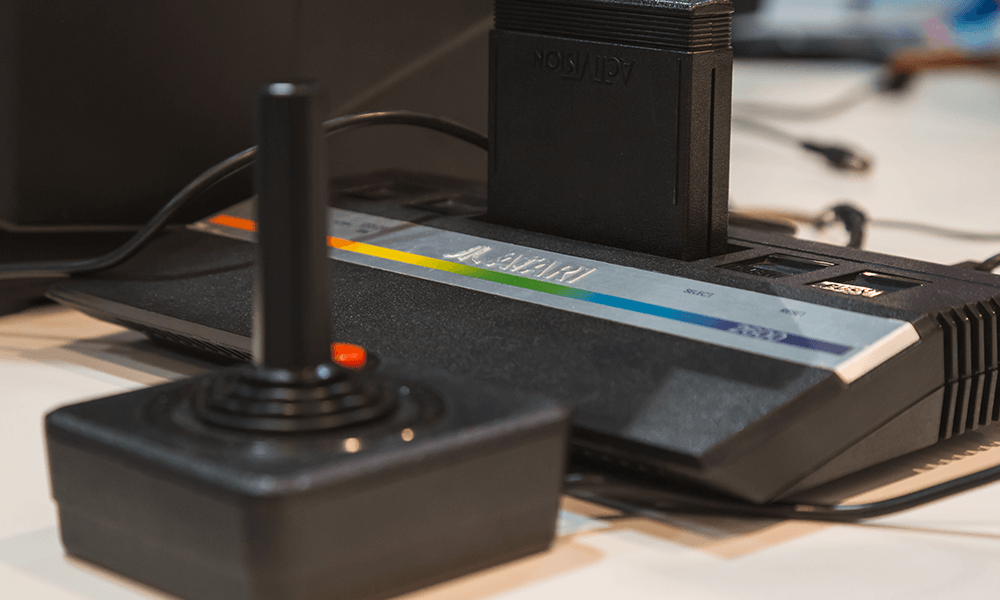

Atari founder Nolan Bushnell, known as the founding father of the video games industry will be present at the DEAL 2016 show. The 22nd edition of the show is set to open doors on the 19th of this month and will go on till the 21st at the Dubai World Trade Center. Nolan will be at the Mantech stand during the show and will meet the gaming enthusiasts during the largest amusement industry trade show in the Middle East and Africa.
Nolan Bushnell, who also created Chuck E. Cheese’s Pizza Time Theatre, is known as one of the founding fathers of the video game industry and has been inducted into the video game Hall of Fame and named by NewsWeek as one of the £50 Men Who Changed America’.
‘We always expect groundbreaking innovations at the DEAL Show 2016. The virtual reality technology boomed in mid-2015 and continues to boom and has become more accessible in 2016, fusing the elements of 3D mechanization with imagery. We are honoured to welcome Nolan Bushnell at the DEAL Show, a man who has made his mark in the gaming industry,’ says Abdul Rahman Falaknaz, Chairman of IEC, the organizers of DEAL Show.
Mantech, the creator of one of the largest FECs in KSA and also a DEAL Show 2016 exhibitor, will unveil ‘Virtual Reality Gaming Cube’ and ‘Virtual Dodgeball’, two of the most advanced and immersive gaming products in the market today. Market research firm CCS Insight revealed that the global virtual and augmented reality sector will rake in US$4 billion by 2018.
‘We are very pleased to have Nolan Bushnell as our guest at DEAL. I met Nolan through his son, Wyatt, when we were closing the Virsix deal and his wisdom seems infinite. Listening to his experiences and advice is an invaluable asset. It’s always a joy and a pleasure to be associated with a true legend in gaming. We are excited and looking forward to DEAL 2016 and beyond,’ stated Fahad Fouad Bubshait, CEO of Mantech.
Founded in 1972, Atari is a pioneer in the arcade and video game industry. ‘Indeed, Atari redefined today’s electronic entertainment industry and with Nolan’s unmatched prowess, we are positive that the Virtual Reality Gaming Cube will also stamp its mark in the gaming history,’ added Fahad.


The 2016 edition of the Meet China forum – organised by npimedia in collaboration with Highway Tourism – is underway in Abu Dhabi.
The only United Arab Emirates B2B event focused on the world number one outbound market, Meet China has brought a 75-strong group of Chinese travel buyers to meet with leading tourism suppliers including top hoteliers, local DMCs, leisure attractions and retail brands from Abu Dhabi, Ajman, Dubai, Ras Al Khaimah and Sharjah.
The event builds on the success of tourist groups arriving from China that were responsible for almost two million guest nights in 2015. Meet China also highlights the importance of the UAE’s fastest growing tourism source market, reinforced by the government’s announcement on September 4 that a new visa-on-arrival scheme will be introduced for Chinese tourists visiting the country.
Visiting Chinese participants include members of some of China’s leading outbound tour operators with responsibility for leisure as well as meetings and events. The combined value of their current business placement to the UAE is in excess of US$30 million and each sector intends to grow this considerably in coming years.
Hosted buyers in 2016 represent a broad spectrum of locations from Mainland China such as Chengdu, Chongqing, Ningxia, Shenzhen, Wuhan, Yinchuan, Zhengzhou as well as Shanghai and Beijing, which reflects the growth of outbound tourism from secondary cities all over the country.
Commenting on the outlook for increased Chinese visitation to the UAE, Managing Director of npimedia, Rob Nicholas, said, “At present, the major portion of current outbound travel from China sits in the semi-FIT category. Families, friends, club members and colleagues often travel together in customized small group formats. However, the number of young, individual travelers is also on the rise and they have a desire to venture out independently, away from set itineraries”.
“This is the segment that will benefit most from the UAE’s new visa-on-arrival scheme as they will now be free to make their own arrangements and not have to rely on a third-party visa process. This is going to be a big boost for Chinese visitation in 2017 and we expect to see a further increase in tourist numbers after this well-timed initiative” he added.
Lin Qing, Operations Manager for the Shenzhen office of China International Travel Service (CITS Shenzhen) attending Meet China, explained that her company is already seeing monthly groups of 400 to 500 people travelling to the UAE and added: “I see this destination as having a lot more potential next year with all the new cultural and theme park attractions, increased air-lift and now the visa policies being a major enabling factor for visitors to arrive in the UAE, we expect to see substantial growth in businesses placed here over the next 12 months”.
At the Meet China forum, tourism suppliers from the UAE enter into business negotiations with the attending Chinese delegates during pre-scheduled appointments, each lasting 20 minutes in a speed-dating type format. The success of the event is indicated by a year-on-year rebooking rate of over 80 percent from suppliers.
As destination partners, Abu Dhabi Tourism & Culture Authority, Ras Al Khaimah Tourism Development Authority and Sharjah Commerce and Tourism Development Authority have given support to the event as they seek further visitation from the Chinese market.
Meet China 2016 takes place between September 4 and 5 at Anantara Eastern Mangroves Hotel & Spa in Abu Dhabi. Event sponsors Montblanc, Mall of the Emirates and Ski Dubai have provided bespoke experiences and VIP hospitality to the Chinese delegates while they are in UAE.
The Chinese delegation are based at leading Abu Dhabi hotels Dusit Thani Abu Dhabi, Eastern Mangroves Hotel & Spa by Anantara and Shangri-La Hotel Qaryat Al Beri They’ve also had the chance to visit Emirates Palace, Ferrari World Abu Dhabi, Four Seasons Hotel Abu Dhabi at Al Maryah Island and The Ritz-Carlton Abu Dhabi, Grand Canal as part of their leisure agenda.
In Dubai, stays for the Chinese buyers are supported by Jumeirah Creekside, Jumeirah Emirates Towers, Ramada Plaza Jumeirah Beach and Steigenberger Hotel Dubai.


Alternative Real Estate investments gain traction
‘ Education sector is leading the way as an increased number of real estate investors, developers and builders seek ‘alternative investments’ to diversify their portfolios
‘ The total school age population within the five major Middle East cities of Dubai, Abu Dhabi, Jeddah, Riyadh and Cairo is expected to increase by over 1 million by 2020, resulting in continued demand to add more schools
‘ Research by JLL suggests a total of more than 1,100 additional schools will be required across these five cities by 2020, with around 350 schools catering for the growing demand for private education
‘ JLL will release a major new study entitled ‘School’s In’ at Cityscape Global. This report assesses the opportunities the expanding education sector will create for real estate stakeholders across the region
04 September 2016
Dubai, United Arab Emirates – The massive increase in demand for private schools is stimulating interest from real estate investors, developers and builders seeking ‘alternative investments’ as the supply of quality assets in more traditional sectors such as offices, retail, residential and hotels remains limited, according to JLL’s latest report.
To be released as part of Cityscape Global in Dubai, ‘School’s In’ reveals private schools are becoming increasingly preferred in the MENA region. The demand for private education is being driven by both the growth in the number of expatriates and the desire of more national families for better quality education for their children.
“The requirement for around 350 private schools presents significant opportunities for real estate investors, developers and builders,” says Mr. Craig Plumb, Head of Research, MENA, JLL, who will deliver a keynote presentation at the Cityscape Global summit tomorrow.
“The education sector has sparked the interest of many real estate investors right across the MENA region. Private equity firms in particular have been very active in recent years, and they will continue to play a pivotal role in the expansion of the private education sector here.”
Historically, real estate investors and developers in the MENA region have focused on four traditional asset classes – residential, offices, retail and hotels. However, ‘alternative investments’ including the likes of education, healthcare, infrastructure, logistics and student housing have become more popular in recent years.
“The shortage of quality income producing assets in traditional sectors and declining returns in some locations has further prompted the interest in alternative asset classes,” added Mr. Plumb.
“With new investment vehicles facilitating the investment in schools, alternative investments diversify the investor portfolio and have the potential to improve the overall risk-return profile. Both retail investors and institutions are seeking greater exposure to non-correlating alternative investments that provide consistent income with low volatility.”
As the school age population is growing in the region, Dubai, Abu Dhabi, Riyadh, Jeddah and Cairo all require investment in new private schools by 2020. According to the Federal Competitiveness and Statistics Authority (FCSA), the majority of students in the UAE attend private schools, with the total number of students reaching 629,000 last year, 75 per cent of which were in private schools.
While the percentage of pupils in private education is somewhat lower in Saudi Arabia and Egypt, this has been the fastest growing sector of the market in both countries in recent years. Private schools in Saudi Arabia have increased from 5 per cent of new enrolments in 2011 to 11 per cent in 2014. Similarly, in Egypt the private sector accounted for 10 per cent of the total of 18 million students enrolled in the academic year of 2015-2016.
The growing demand for private schools has resulted in strong financial returns from this sector of the market. According to a report prepared by Abu Dhabi Education Council (ADEC) in 2015, private schools in Abu Dhabi earned close to AED 3 billion in profit over the preceding four years. Investment in private schools in Abu Dhabi between 2010 and 2015 reached AED 2.3 billion between 2010-2015, with 45 new private schools being delivered.
“Education is regarded as a lucrative business opportunity,” said Mr. Plumb. The school age population is growing and this is the main attraction for the education sector. In Dubai, for example, we expect the expatriate population to grow at average rate of 4.7 per cent over the next five years, and as expatriate workers move with their families, this creates demand for private education facilities.”
“There are three major drivers of the education sector for real estate investors; the strength of demand, the attractive financial returns available and the alignment of this sector with government policies to improve educational standards across the region.”
Country summary highlights
United Arab Emirates
In its 2021 vision, the UAE Government emphasizes the importance attached to improving the education sector. Following the safety of its people, knowledge was addressed early in the vision summary, indicating the weight it holds.
‘ Dubai has one of the fastest population growth rates in the region. According to Oxford Economics, Dubai’s population is forecasted to increase from 2.54 million in 2016 to reach 2.90 million people by 2020, representing a CAGR of 3.5% per annum. A total of 53 new schools are likely to be required in Dubai by 2020, with the majority (36 of these) being private schools.
‘ Abu Dhabi: The population of Abu Dhabi (defined as the Abu Dhabi region, not the entire Emirate) stood at 1.72 million people in 2015. It is estimated that the population will grow at a CAGR of 2.9% per annum between 2016 and 2020 to reach 1.99 million people. Abu Dhabi has a relatively young population with 70% falling below the age of 40 years. A total of 44 new schools will be required in Abu Dhabi over the next five years, split almost 50:50 between the public and private sectors
Saudi Arabia
Recognizing the need to improve the quality of education in KSA, the government has allocated an average of 23 per cent of the national budget to building new schools and improving existing schools over the past ten years.
‘ Riyadh: As of 2015, expatriates accounted for 42.1 per cent of Riyadh’s population. Although this percentage is below the level recorded for Jeddah, this segment is expected to reach 42.8 per cent. A total of 395 new schools will be required to house the growing school age population of Riyadh by 2020, with 154 of these in the private sector.
‘ Jeddah: The school age population in Jeddah currently stands at just over one million students. This number is expected to grow by average 2.2 per cent per annum to reach 1.2 million persons by 2020. The growing school age population will add pressure on existing schools creating an opportunity for the private sector to capture some of the growing demand. A total of 194 new schools are forecast to be required in Jeddah by 2020, with 67 of these in the private sector.
Egypt
In its “2030 Egypt Vision”, education and training was a main pillar for the Egyptian government. The vision highlights that a high quality education and training system will be available to all, without discrimination within an efficient, just, sustainable and flexible institutional framework, providing the necessary skills to students and trainees to think creatively, and empower them technically and technologically. The students will then be aa creative, responsible, and competitive citizen who accepts diversity and differences, and is proud of his country’s history.”
Cairo is the largest city in the region and benefits from a young age profile, with 28 per cent of the total population aged between five and 19 years. Cairo is forecast to require a total of 424 new schools by 2020, with 68 of these being in the private sector.
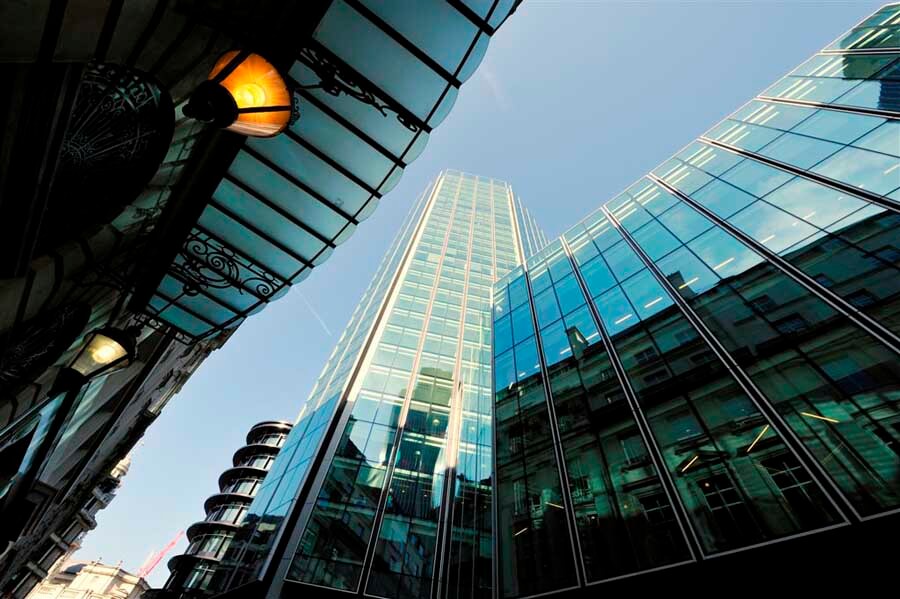
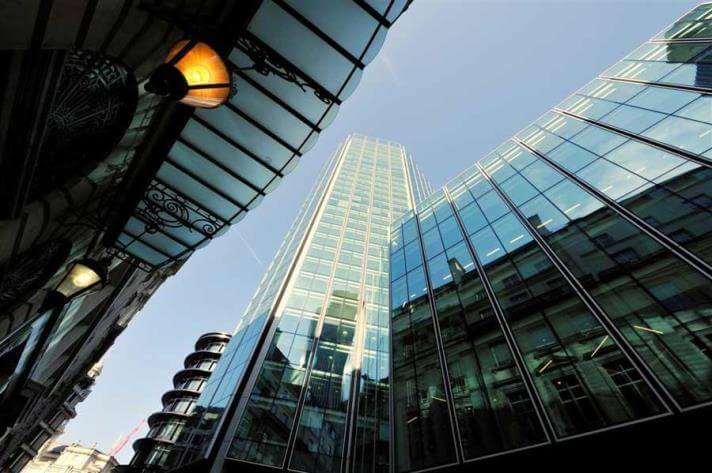
Accelerating growth in emerging markets across the globe, Starwood Hotels & Resorts Worldwide, Inc. today announced the signing of Four Points Benin City, Nigeria. Owned by Eagle Hospitality and Leisure Limited, the sleek new Four Points hotel is built for the modern traveler with an emphasis on approachable design and stylish comfort. Conveniently located in the heart of Benin City ‘ the capital city of Edo State, one of the 36 states in Nigeria ‘ the hotel is situated within a five-minute drive to the airport and no more than 10 minutes from the government and business district.
Four Points by Sheraton Benin City will further consolidate our strong Nigeria portfolio, opening up yet another emerging destination for international travel,’ said Michael Wale, President, Starwood Hotels & Resorts, Europe, Africa and Middle East. ‘With five hotels operating and another four in the pipeline, including Four Points Benin City, Nigeria is already one of our strongest markets in the region, and the signing of this hotel reinforces the growing demand for affordable lifestyle brands in rapidly developing markets.’
‘We are delighted to introduce the popular Four Points brand to Benin City and expect this new hotel to meet the rising demand for high-caliber lodging in this fast-growing market, soon emerging as a leading choice among business and leisure travelers,’ said Mr. Chris Oshiafi, Group Managing Director of PanAfrican Capital Plc and Chairman of Eagle Hospitality and Leisure Limited.
Four Points Benin City offers 176 spacious guest rooms and suites along with exciting food and beverage options including an all-day dining restaurant, a pool bar and the brand’s signature Best Brews’ program featuring local beers at the lobby bar and lounge ‘ the ideal spot to watch sports matches and unwind with friends and colleagues. Other hotel facilities include a state-of-the-art 24-hour fitness center, an outdoor pool, 400 square meters of flexible meeting spaces and a fully equipped business center. The hotel will provide all of the brand’s defining elements including the signature Four Points bed, complimentary bottled water in all rooms and suites, fast and free Wi-Fi throughout the hotel, and an energizing breakfast with fresh coffee that helps guests start and end the day right.
Responding to the demand for affordable yet innovative lodging options is core to our development strategy,’ said Neil George, Senior Vice President Acquisitions & Development, Starwood Hotels & Resorts, Africa & Middle East. ‘Four Points has the largest number of rooms in Starwood’s global pipeline and its compelling blend of comfort, style and affordability make the brand increasingly attractive for owners and developers.’
With over 200 hotels in nearly 40 countries around the world, Four Points continues to penetrate new markets, globally. The brand is on track to expand its portfolio of rooms by more than 50% in the next five years.
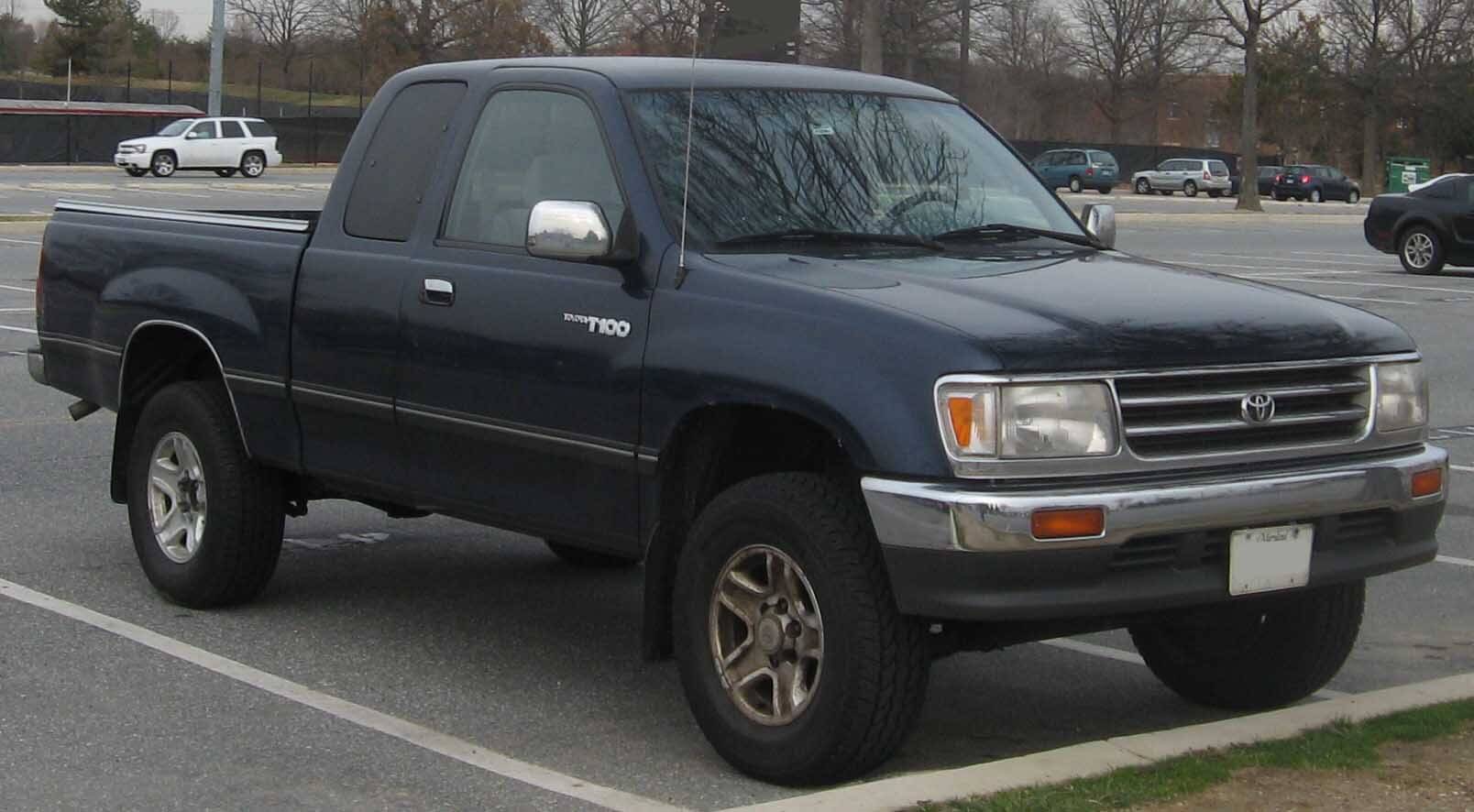
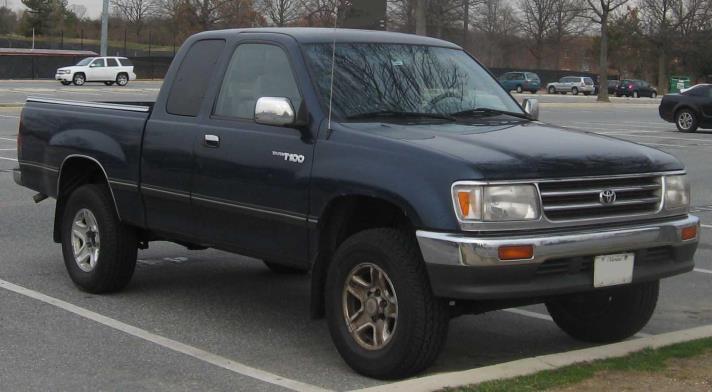
JAC is currently developing a new four-wheel drive pick-up following the success of their Frison model in the international market. The Chinese auto maker aims to repeat the success the Frison has achieved globally, when it unveils its new model in Africa and the Middle East next year. Sales of the Frison were particularly high in Chile, where it quickly became the No.1 Chinese pick-up model after its release in May. This followed the model’s strong performance in the Philippines and Paraguay. During the first half year JAC overseas pick-up sales have doubled compared to the previous half year. These outstanding sales figures not only demonstrate a growing recognition of the JAC’s reliability and quality in the international market, but also indicate the company’s ability to manufacture and export an independently-developed pick-up.
The Frison has won acclaim across the international and Chinese markets for its power, superior loading ability and advanced fuel economy. Take the Frison’s largest export markets such as Chile and the Philippines, and popular Chinese markets such as Yunnan and Guizhou as examples. Complicated landscapes in these areas add difficulties to loading and logistics, and require advanced transportation tools. The superior pass ability and power performance of Frison have perfectly met the demands of these areas. The Frison’s gasoline pick-up is equipped with a 2.0 Lengine developed by JAC, with maximum power of 110kw and torque of 196Nm. Meanwhile, the model’s higher emissions efficiency and better fuel economy have fully met the demands of long-distance transportation.
The Frison has sold particularly well for commercial purposes. With advanced seventh-generation JAC chassis technology and a pick-up track of 1520x1520x470mm (or 1810£1520£470mm on the upgraded model), the Frison has an enhanced loading ability, making it especially suitable for use in mining, timber and fishery enterprises, such as in Chile, the sugar industry, such as in Cuba, and the transportation of building materials, such as in Venezuela. Consumers from these industries have in particular praised the Frison’s fuel-saving performance. Firstly, the Frison’s body is formed from light-weight and plastic composite materials, effectively reducing the body weight of the vehicle. Secondly, the vehicle has incorporated Navistar’s highly efficient and eco-friendly engineering, Bosch’s high-pressure common rail system and variable super charger technology, as well as advanced LC5T80 five-speed manual transmission. This has greatly reduced the Frison’s fuel consumption to a mere 7L per hundred kilometers.


Dubai, United Arab Emirates – Tougher regulatory requirements imposed by GCC states are prompting contractors and developers to make schools throughout the region more globally competitive and sustainable.
“There is an increasing sophistication in the regulatory controls in the GCC market in general, with some specific developments in specific countries. For example, in Qatar, fire regulations are now far more stringent which affects building height and floor distribution and has affected many projects which were planned at G+3 for student use and now can only go to G+2 for student use. Many countries are now being far more focused on sustainability issues as well as environmental requirements – and are enforcing them,” says Simon Lucas, one of the featured speakers at the International Private Schools Education Forum (IPSEF) scheduled to take place in Dubai next month.
But school design and build experts also believe that education facilities and design will likely play a key role in differentiating schools as owners seek to stay competitive, given the increasing competition within education market throughout the GCC.
“Information technology will continue to dominate how we teach in the 21st Century. As a result there has been a debate in recent years about the relevance of spaces and buildings when the focus has been on the technology and the ability to teach an international curriculum through the virtual world. We should expect further focus on how school facilities can make the most of technology advancements. It still surprises me that with the exception of a few, school buildings in the UAE do not provide students with the practical examples of the importance of sustainable design when sustainability is now a key theme of any education syllabus,” said Mark Roelofsen, co-founder, IPSEF.
Design trends
According to Lucas, many GCC countries now have standard designs for the own indigenous schools and while they do not impose these in any way on international school development, many of the requirements they have developed for local schools are applied to all schools.
In terms of design, there are three main emerging trends – a) a significant push on ICT enabled learning environments which affects all aspects of design and M&E services; b) greater sustainability of environmental systems – air conditioning and airflow, among others and c) most importantly, the need for learning spaces to be adaptable over time to meet new curriculum and organisational developments.
“This is a key factor in a more rapidly changing environment on both the demand side and the supply side. Included in this is a greater focus we see on the FFE aspects of builds – the need to see the learning spaces and the equipment / furniture / fittings all as a single design to provide for greater adaptability,” added Lucas.
Other design and build trends, challenges and opportunities will be highlighted at the forthcoming IPSEF Middle East Forum scheduled on 27-28 September 2016 at the Jumeirah Creekside Hotel.
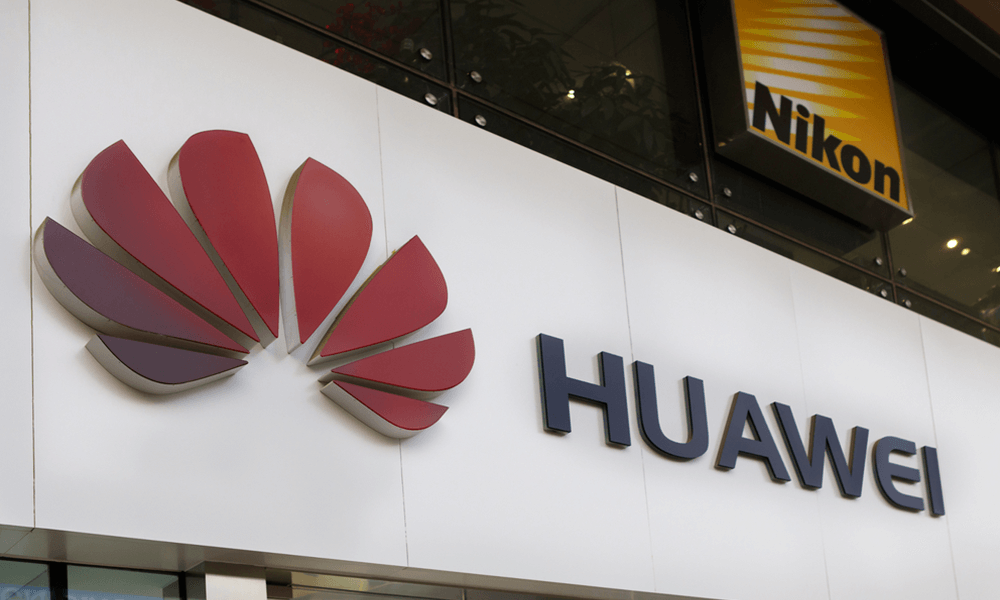
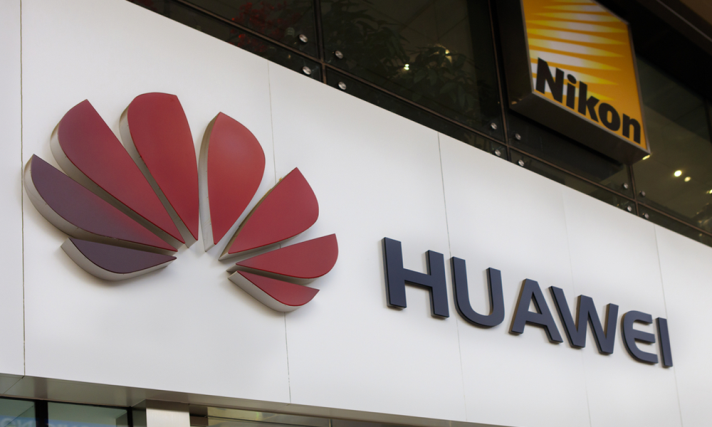
During the scheduled visit of His Royal Highness Prince Muhammad bin Salman bin Abdulaziz, Deputy Crown Prince and Chairman of the Council of Economic and Development Affairs to China, Huawei; a leading global ICT solutions provider, received on Wednesday August 31 2016 an investment license from his excellency Dr. Majid Al-Qasabi, Minister of Commerce and Investment, as part of the activities of the Forum held by Aramco in Beijing to introduce the Kingdom’s vision 2030.
Huawei, represented by Pang Jimin, Director of Huawei Global Government Affairs, received the license to start the Company’s business in the Kingdom with a 100% ownership privilege. After submitting a comprehensive action plan to the Saudi Arabian General Investment Authority (SAGIA) that includes several initiatives to contribute to the localization of the Information and Communication Technology (ICT) industry in the Kingdom, the new license would allow the company to sell its products directly in the Saudi market.
This is the first commercial license in the field of ICT in the Kingdom, and it is also the first commercial license in Saudi Arabia to a Chinese company.
His Excellency Minister of Commerce and Investment explained that granting the license to Huawei was based on the regulations and conditions approved by the Council of Ministers to license foreign companies to invest in the wholesale and retail trade sectors with a 100% ownership. The Minister also reiterated his keenness to attract and empower qualitative investments in the promising sectors and stimulate international companies in the target sectors to invest and guarantee all the necessary facilities to help them implement the commitments and initiatives to promote the investments in the Kingdom in order to contribute to the achieving the Kingdom’s strategic vision 2030.
Mr. Ramadan Ding, CEO of Huawei Tech Investment Company in Saudi Arabia, stated:
“Huawei is proud to be in the market of Kingdom of Saudi Arabia since 1999, where we have launched the latest technological innovations, in addition to our support to young talents by investing to improve their skills through establishing a technology center . We look forward to future achievements and transforming ideas into reality using our latest innovations and the confidence of our customers in order to support the Kingdom’s vision 2030”.
Mr. Ding indicated that Huawei will immediately start implementing all the requirements and regulations according to the action plan submitted to SAGIA.
An action plan has been approved by SAGIA and Huawei. The plan stipulates that Huawei will establish an exhibition showcasing innovations, arrange an annual and quarterly competition in the Kingdom to encourage young talents to innovate; in order to make this exhibition a platform for innovations, foster small and medium companies, establish a center for ICT competencies which aims to train 4,500 of the qualified professionals in the ICT sector in the coming three years; including 900 Saudi people in the field of ICT, as part of the social responsibility activities of the Company to improve the Saudi competencies in ICT and finally to build a showroom for retail sales; in addition to three service centers.
Huawei will focus on building effective partnerships with local distributors and enhancing local content through its purchases from the local market at 300 million Saudi Riyals in the coming five years. In addition, the company will focus on maintaining and promoting its alliances with the leading telecommunication companies, as well as investing heavily in the creative brands and local marketing activities.
A delegate from the Ministry of Commerce and Investment visited Huawei’s center for research and development in Beijing. The delegation expressed their appreciation to the company for expanding its investments in the Kingdom and its decision to establish a center for innovation. They also maintained that the Kingdom’s vision 2030 focuses on the importance of promoting creativity and innovation in the universities, up skilling graduates for the job market and training the Saudi students, either through laboratories in universities or through its new center.
It is worth mentioning that the size of the ICT market in the Kingdom is estimated to be around 135 billion Saudi Riyals with a growth rate of 3.8% per annum. Kingdom of Saudi Arabia is considered to be one of the largest consumer markets for Huawei in the Middle East. The number of employees in the Kingdom is currently more than 1,000 male and female employees.
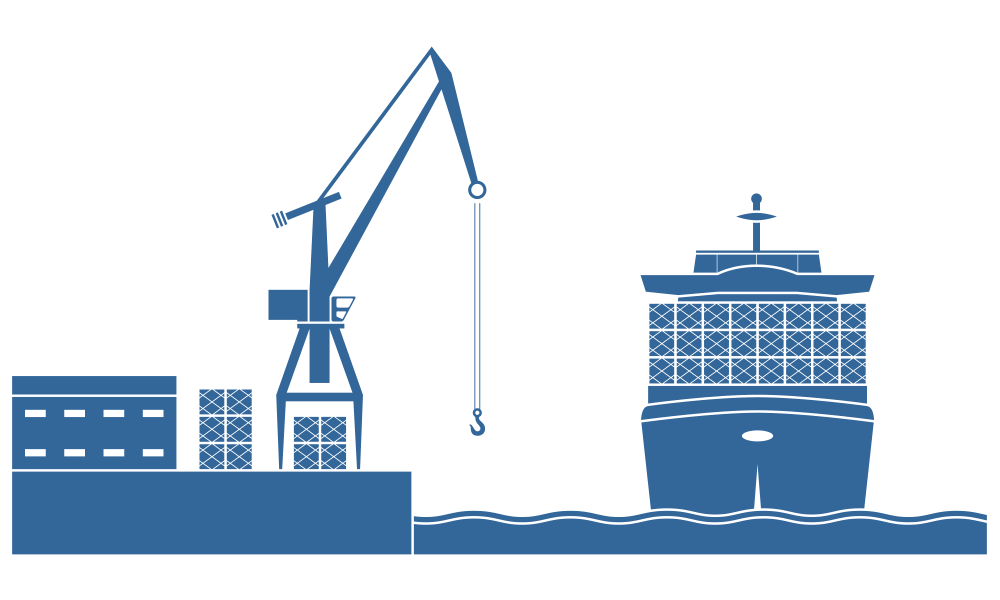

Abu Dhabi, UAE: Abu Dhabi Ship Building PJSC (ADSB), a leading provider of construction, repair and refit services for naval, military and commercial vessels, is proud to announce the commissioning of the company’s first floating dock located in Mina Zayed. The opening of the floating drydock signifies a new phase of growth for the company, as it looks to expand its commercial service offering.
Commenting on the occasion, Dr Khaled Al Mazrouei, CEO of Abu Dhabi Ship Building, said: “We are proud to announce this latest milestone for Abu Dhabi Ship Building. The addition of the floating drydock contributes to our commitment to expand our service offering, strengthening our local maritime services and industries, and delivering on the large scale goal of Abu Dhabi’s continued economic diversification.”
The new floating drydock greatly enhances the company’s service capabilities, allowing ADSB to service ships that were previously too large to be handled to their headquarters in Mussafah. The 180 length x 30 m width floating drydock allows ADSB to dock vessels up to 180m in length, or by comparison almost the length of two football pitches. The floating dock was commissioned in mid-July and received its first customer that has undergone routine drydocking, electrical and mechanical works at the port.
The new floating dock offers a myriad of services including structural steel, mechanical, pipe and electrical repairs, state of the art hull treatment with the aid of robotic machines and tank coating work.
With the addition of the floating dock, ADSB is looking to expand its customer base through the new service. The facility now enables ADSB to service the oil and gas industry and the company aims to attract new customers across diverse industries through a network of agents representing 16 countries across Europe and Asia who will market the new facility.
With its industry leading reputation, central location and network of global strategic partners, ADSB has built a reputation as a leading shipbuilder and support services contractor locally and internationally.


SOUQ.com, the Middle East’s largest online retail and marketplace platform is pleased to announce the appointment of Wisam Daoud as the new COO and Dinesh Ajmera, as the SVP of Technology to further expand SOUQ.com’s technology and global operations. These appointments highlight SOUQ.com’s ongoing commitment to foster a dynamic e-commerce ecosystem and is in line with the company’s vision of constantly innovating across its platform that includes adding new talent to the growing team.
Boasting an enriching 17 years e-commerce expertise from the United States and Middle East, Daoud will spearhead global operations for SOUQ.com’s online marketplace, retail, and transport businesses. Earlier to this appointment, he served as the CTO of SOUQ.com where he led product engineering, analytics and technology operations teams to build best of breed Marketplace and Retail platform to deliver phenomenal business over his 6 year tenure.
Ajmera brings an in-depth product insight and a comprehensive knowledge of product development and management with over 16 years of extensive experience in building consumer and enterprise web-scale products. He has built top-notch engineering teams responsible for architecture, development, quality and deployment of high-performance online platforms through innovative technology solutions. He has also led the building of analytics platforms and products powered by Big Data & Algorithms to deliver world-class customer experience – a key factor which SOUQ.com, being the largest e-commerce platform in the region is committed to.
Ronaldo Mouchawar, SOUQ.com CEO & Co-Founder comments, “One of our key commitments post the funding round earlier in the year was to drive further growth in the e-commerce market by investing in technology and recruiting the best talent. With the e-commerce market in the region growing at a phenomenal rate, we are focused on the value we bring through technology and job creation. By on-boarding experienced veterans with commendable portfolios, we at SOUQ.com are aiming to further empower SME’s with a more technologically robust platform and at the same time enable our consumers to make smarter choices. “


The one and only regional banking institution in Kazakhstan – Zaman Bank, renowned for its commitment to pioneering new banking experiences for its customers today announced the engagement of Shariyah Review Bureau (SRB) as it seeks to grow across CIS states.
Zaman Bank will facilitate Sharia compliant auto and home financing, SME finance, credit programs, deposits and refinancing of conventional loans to Islamic for its customers. The new established Islamic Finance Development unit based out of Almaty will leverage the strength of SRB’s global experience and help support enterprises with their complex business requirements. With a strong potential of delivering outstanding value added services, Zaman Bank demonstrates a sound awareness of customer priority.
‘With the opening of Islamic operations in the Republic of Kazakhstan we are seeing superior dispersion in the performance of financial services. This makes the current environment well suited for more quality banking products and services’ said Mrs. Yelena A. Gupalo, Chief Executive Officer of Zaman Bank. She further commented ‘We are committed to bringing high value for the retail customers, offering contemporary Islamic banking to the Kazakhstani market.’
The services will be managed by Zaman Bank’s Deputy Chairman team, led by Mr. Diar N. Smagulov, who has Islamic and conventional experience, global network and local capabilities.’We have received positive feedback from both the retail and corporate marketplace regarding Islamic financial products.’ Speaking on the assignment of SRB, Diar said, ‘The constant growth of new financial trends is continuously changing the way the Islamic industry is functioning. And in today’s rapidly-changing markets, outsourcing Sharia Committee, Certification and Sharia Audit services to establishments like SRB is an essential solution for businesses. We are proud to have partnered with them as they will manage the complete Sharia Compliance requirements thereby allowing us to remain focus on the increasing complexity of Islamic banking while achieving best service and growth for our customers.’
‘This is another key milestone for SRB in Kazakhstan’ stated Yasser S. Dahlawi, Founder and CEO of SRB. ‘The need for better, faster, reliable, lower costs and more collaborative Sharia Advisory services will continue to drive the context of Sharia Compliance within businesses, and hence outsourcing will need to ensure that it can continue to meet the growing demand.’ ‘We are proud to be working with a dynamic banking establishment like Zaman Bank and believe that our services will be resource-intensive allowing them to break out for new growth.’ Yasser adds.
Writing from Bahrain office, Mansoor M. Ahmed, overseeing the Quality Assurance at SRB, writes, ‘We are pleased to be working with Zaman Bank to create superior Sharia compliant products, which puts the customer first, and makes their financial lives better.’ ‘Offering innovative expertise in Sharia Board and structuring solution has helped us bring global institutes closer to Islamic Finance.’ He also writes ‘We’re equally excited to serve the customers of the Republic of Kazakhstan in a Sharia compliant manner.’
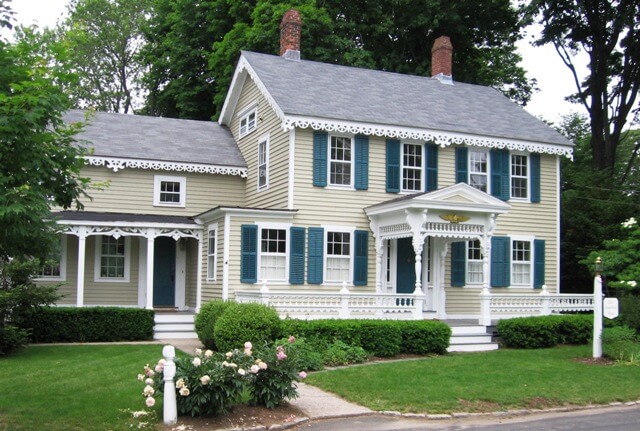
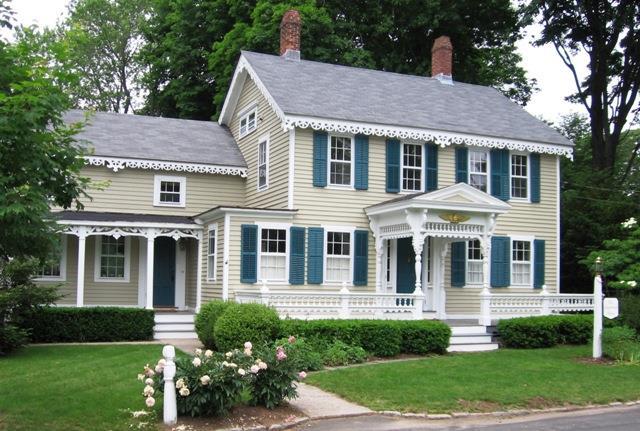
Sharjah Investment and Development Authority (Shurooq), the driving force behind the transformation of Sharjah, will manage their real estate portfolio across the Emirate of Sharjah with Yardi Voyager’ 7S, a browser-independent, mobile-enabled, Software as a Service platform.
Shurooq is an independent government body who owns and manages a mixed portfolio of real estate that includes commercial office, retail, hospitality and tourism assets.
Shurooq have also adopted Yardi Commercial LeasingPad’, an automated, fully mobile solution that shortens commercial leasing cycles by combining contact and prospect management with portfolio health analytics. The company will also utilise Yardi Advanced Maintenance’, which enables them to utilise mobile ready functionality to enhance facilities management.
‘The complexities of managing a mixed use portfolio was one of the key drivers in selecting the right real estate solution for our business,’ comments Ahmed Obaid Al Qaseer, the COO at Shurooq. ‘The Voyager product not only provided us with a platform for highly efficient property management, also the ease of adding extended functionality to meet specific business needs is extremely beneficial.’
‘Yardi is delighted to provide Shurooq with a platform that allows management of their mixed use portfolio in a single, integrated software solution, with an option to provide additional solutions to meet a range of specific business needs,’ said Neal Gemassmer, vice president of international for Yardi.